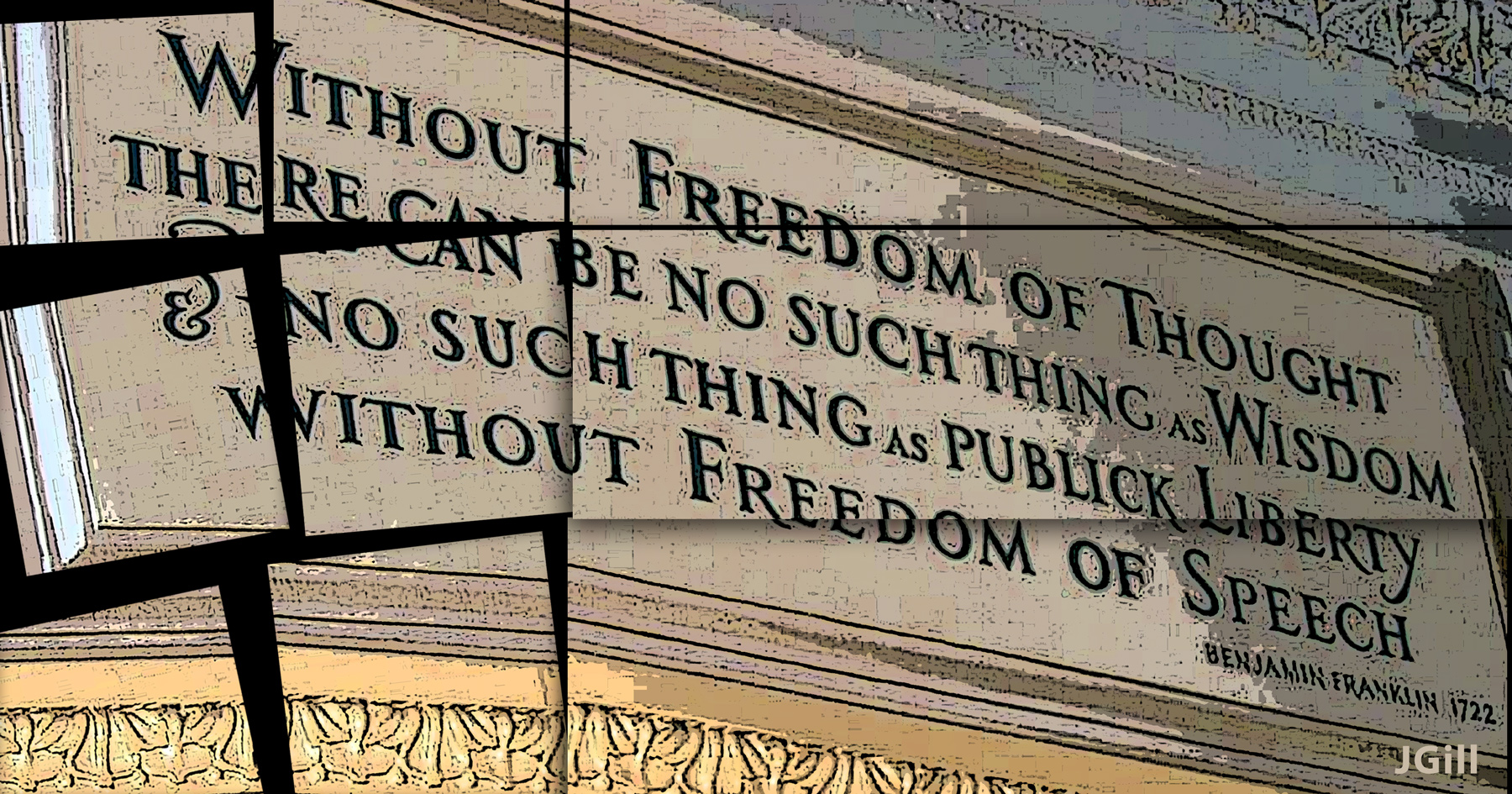“Thank you, Seattle, for being one of the most progressive cities in the United States of America,” socialist-cum-Democratic presidential candidate Bernie Sanders shouted to the large crowd in the City of Goodwill.
Seconds later, two women with a local Black Lives Matter group jumped the stage, threatening to shut down the event. Quickly, they were rewarded for their extortion-by-tantrum. Sen. Sanders and company relinquished the microphone, podium and stage.
The kidnapped crowd booed the violation, only to be screamed at by Marissa Johnson, one of the protesters, as “a bunch of screaming white racists,” who practice “white supremacist liberalism.”
“I was going to tell Bernie how racist this city is, filled with its progressives, but you did it for me,” Johnson added.
Angry audience members yelled, “How dare you?!” and “How dare she call me a racist.”
“You guys are full of bull-$@%# with your ‘black lives matter,’” she chided, acknowledging that the event had already recognized the anniversary of Michael Brown’s shooting in Ferguson, Missouri.
What a fascinating marriage of outrage and entitlement!
And yet … real grievances abound.
“Welcome to Seattle,” Johnson told Bernie, “where our Seattle Police Department has been under federal consent decree for the past three years, and yet has been riddled by use of force, racial profiling, and scandals throughout the year.”
Sen. Sanders doesn’t even stand up for his own speech rights, much less ours. Apparently fearing the loudmouths, he proved unwilling to confront them or address their complaints.
Sanders and his “progressive” Democrat comrades (governing cities like Baltimore and Seattle) must take responsibility for the results of their policies, and admit that the black voices shouting against racism are shouting at them.
This is Common Sense. I’m Paul Jacob.











